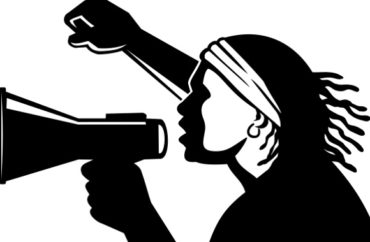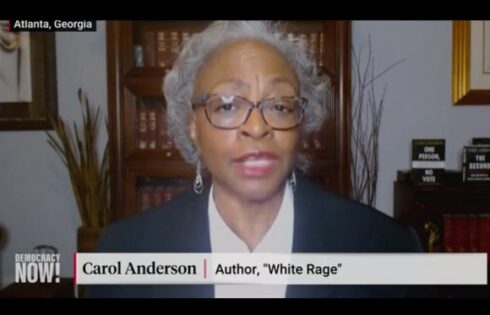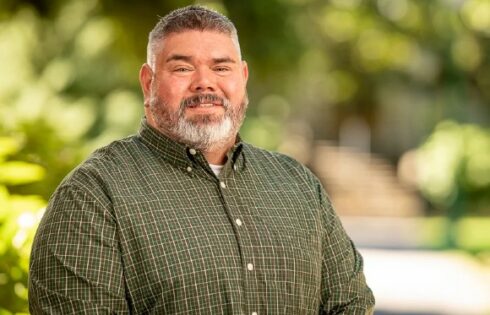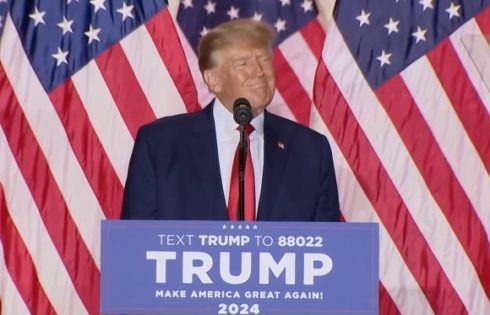
Approximately 100 Kansas State University students marched to President Richard Myers’ house on July 4 to demand more substantive actions be taken against campus racism.
One demand is that a percentage of athletic revenue be funneled to the local chapter of Black Lives Matter.
Unfortunately (for the demonstrators), Myers was away in Virginia. But according to The Mercury, the activists promised, as one recent KSU grad put it, to “stay on [him] until [he] gets something done. Period.”
March organizer Miranda Urban said students “do not need more publicity stunts” nor “empty statements to win over the crowd.” She said the campus community wants to know “blatant, outspoken discrimination is not tolerated and can be reprimanded.”
The demonstration comes after KSU student Jaden McNeil, founder of America First Students, had tweeted an insensitive remark about George Floyd’s past drug use and criminal activity. Floyd was killed by a Minneapolis police officer on May 25, the tragedy leading to the current Black Lives Matter demonstrations.
Various KSU football and women’s basketball players had threatened to sit out until the university enacted a policy “to expel any student deemed racist, threatening or disrespectful.” However, President Myers noted that while McNeil’s comments were “disrespectful and abhorrent,” the university cannot overrule the First Amendment.
Myers did lay out a plan to “combat racism” which includes a new social media policy and “increasing recruitment of minority students.” But as noted, the marchers feel these efforts are window dressing, and so put forth a list of demands including:
— The revision the university’s attendance policy so “underrepresented students have the option to partake in distance-learning at the same price as traditional classes if they feel as their their mental and/or physical well-being is at risk.”
— The introduction of a policy with disciplinary actions regarding “a student’s social media that invokes fear amongst a large group of students and creates a hostile learning environment.”
— The requirement for every student take American Ethics 300, which is an intercultural course that prepares students to understand race, systemic racism and oppression.
— The distribution of 0.5% of the university’s athletic department revenue to local Black businesses and the local Black Lives Matter chapter.
As you might surmise, the second demand almost certainly runs afoul of the First Amendment. Myers’ proposed student social media policy is said to be modeled after that for KSU faculty and staff. Of course, faculty enjoy tenure and academic freedom protections, the latter of which is explicitly noted in the Kansas Board of Regents Policy Manual.
That manual notes, however, the US Supreme Court has determined public employees can be disciplined for speech that “is directed to inciting or producing imminent violence or other breach of the peace and is likely to incite or produce such action.” Unfortunately for the marchers, provoking “imminent violence” is not the same as a nebulous “invocation of fear.”
One marcher seemed to realize this, at least a little: “We understand that the current laws don’t allow for what needs to happen here, which is stopping the racist remarks,” so one of the goals is “challenging current laws.”
MORE: KSU refuses to expel student for tweet about George Floyd
MORE: Racist note at Kansas State University turns out to be a hoax
IMAGE: patrimonio designs ltd. / Shutterstock.com





Please join the conversation about our stories on Facebook, Twitter, Instagram, Reddit, MeWe, Rumble, Gab, Minds and Gettr.